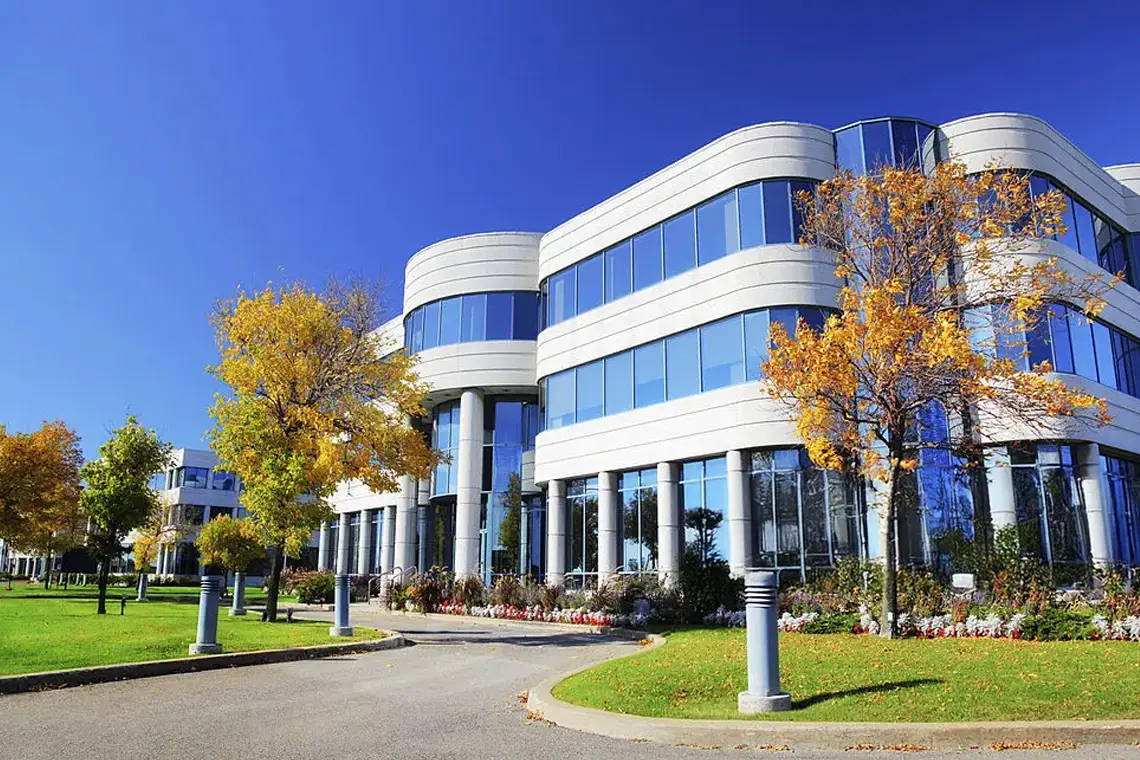As companies expand their global reach, choosing the right location for a headquarters is one of the most strategic decisions they face. The United States, with its dynamic economy, skilled workforce, and diverse infrastructure, offers an array of options for global headquarters.
Key Factors in Site Selection for Global Headquarters
1. Talent Availability
A headquarters requires access to a skilled, diverse workforce:
Educational Institutions: Cities with renowned universities provide a steady pipeline of talent.
Workforce Diversity: A mix of skills and cultural backgrounds fosters innovation and global collaboration.
2. Connectivity and Accessibility
Global headquarters need seamless connectivity for international operations:
Airports: Proximity to international airports ensures efficient travel.
Digital Infrastructure: High-speed broadband and 5G networks enable seamless communication and operations.
3. Business-Friendly Environment
Supportive policies and incentives make cities attractive for headquarters:
Tax Incentives: Cities offering corporate tax breaks and subsidies appeal to multinational firms.
Regulatory Framework: A predictable and transparent business environment reduces risks.
4. Quality of Life
Attracting and retaining top talent requires cities with:
Affordable Living Costs: Reasonable housing, healthcare, and transportation costs.
Cultural and Recreational Amenities: Vibrant arts, entertainment, and dining scenes.
Environmental Sustainability: Green spaces and clean energy initiatives enhance livability.

Top US Cities for Global Headquarters in 2025
1. New York City, New York
Advantages:
A global financial hub with unmatched access to capital markets.
Home to world-class talent from prestigious universities like Columbia and NYU.
A robust infrastructure supporting global business operations.
Notable Headquarters: JPMorgan Chase, Pfizer, and IBM.
2. Austin, Texas
Advantages:
Thriving tech ecosystem supported by the University of Texas.
No state income tax and business-friendly policies.
High quality of life with a vibrant cultural scene.
Notable Headquarters: Tesla and Dell Technologies.
3. Atlanta, Georgia
Advantages:
Hartsfield-Jackson Atlanta International Airport, the world’s busiest airport.
A growing tech and fintech sector.
Affordable living costs compared to other major metropolitan areas.
Notable Headquarters: Coca-Cola, Delta Air Lines, and UPS.
4. Seattle, Washington
Advantages:
A tech powerhouse with companies like Amazon and Microsoft.
Proximity to Asia-Pacific markets, enhancing international trade and collaboration.
Focus on sustainability and innovation.
Notable Headquarters: Starbucks, Amazon, and Boeing (Defense).
5. Denver, Colorado
Advantages:
Central location providing easy access to both coasts.
Growing industries in aerospace, renewable energy, and tech.
Attractive outdoor lifestyle and lower cost of living compared to coastal cities.
Notable Headquarters: Ball Corporation and Arrow Electronics.
| City | Key Industries | Population | Median Household Income | Notable Features |
|---|---|---|---|---|
| New York City | Finance, media, healthcare | 8.8 million | $67,046 | Global financial hub, diverse workforce |
| Austin | Technology, education | 950,807 | $75,752 | Thriving tech scene, no state income tax |
| Atlanta | Logistics, fintech | 498,715 | $64,179 | World’s busiest airport, affordable living |
| Seattle | Technology, aerospace | 737,015 | $92,263 | Tech powerhouse, sustainability leader |
| Denver | Aerospace, energy, tech | 716,492 | $72,661 | Central location, outdoor lifestyle |

Trends Influencing Headquarters Site Selection
1. Remote Work Adaptation
Hybrid work models are reshaping office needs:
Cities offering flexible co-working spaces and high-speed internet are gaining appeal.
Suburban areas near major cities are becoming popular for satellite offices.
2. Sustainability and ESG Goals
Companies prioritize cities investing in green infrastructure:
Renewable energy adoption and carbon-neutral initiatives are key factors.
Cities like Seattle and Denver lead in sustainability efforts.
3. Talent Wars
Competition for top talent is intensifying:
Cities with strong educational systems and cultural amenities attract diverse, high-caliber employees.
Regions offering affordable housing gain an edge in recruitment.
4. Government Incentives
States and cities are intensifying efforts to attract headquarters:
Tax breaks, grants, and infrastructure investments are being tailored to industries like tech and aerospace.

Challenges and Opportunities
Challenges
Rising Costs: Larger cities face escalating real estate and living expenses.
Infrastructure Strain: Rapid growth in certain cities puts pressure on transportation and utilities.
Opportunities
Emerging Cities: Mid-sized cities like Nashville and Raleigh are gaining traction as affordable alternatives.
Digital Transformation: Investments in smart city technologies make regions more attractive for tech-driven companies.
Future Outlook
The decision to establish a global headquarters is multifaceted, requiring a balance between operational efficiency, talent access, and quality of life. As the US continues to innovate and invest in infrastructure, cities that prioritize sustainability, connectivity, and workforce development will remain top choices for multinational firms.



















